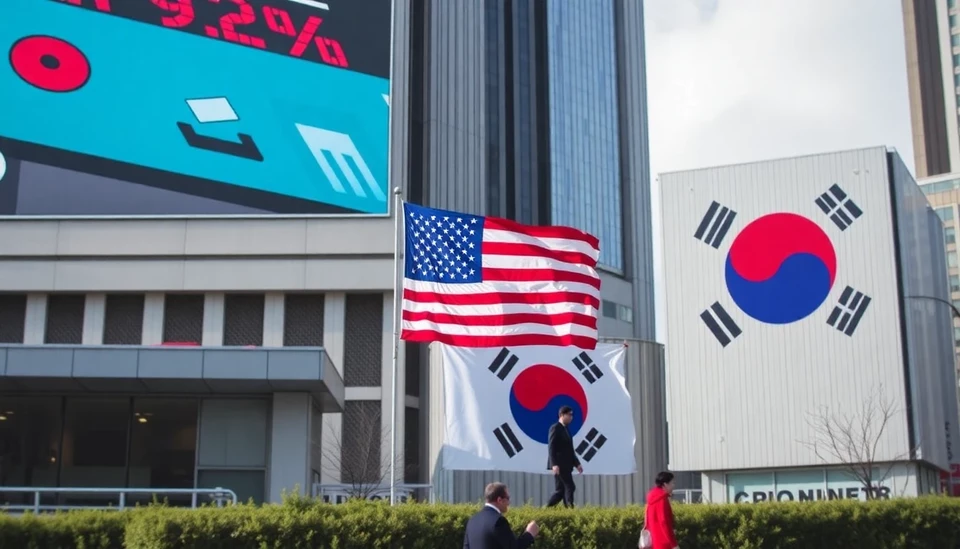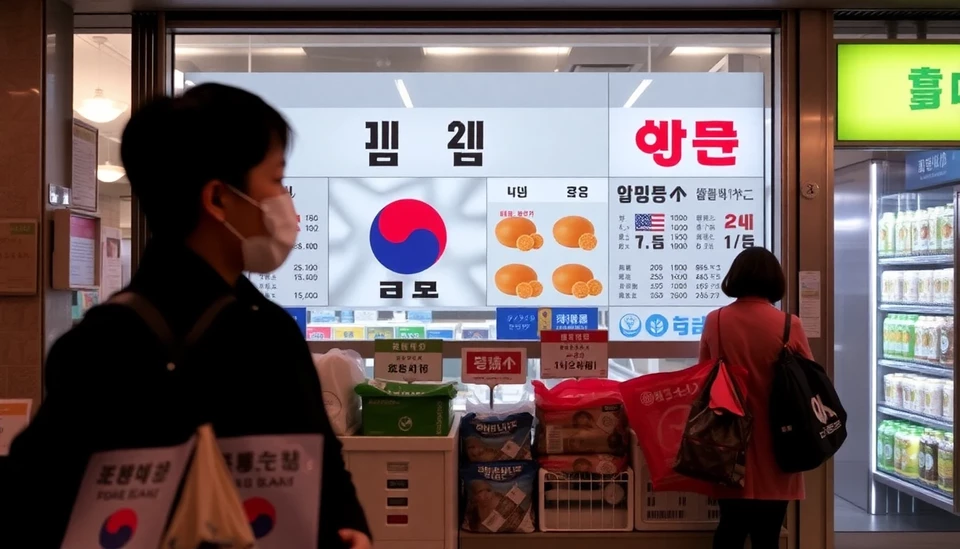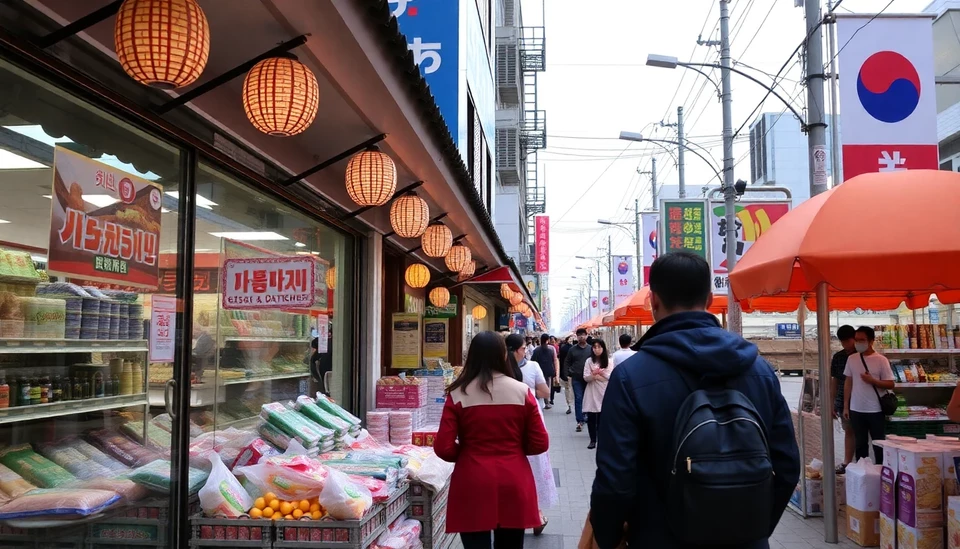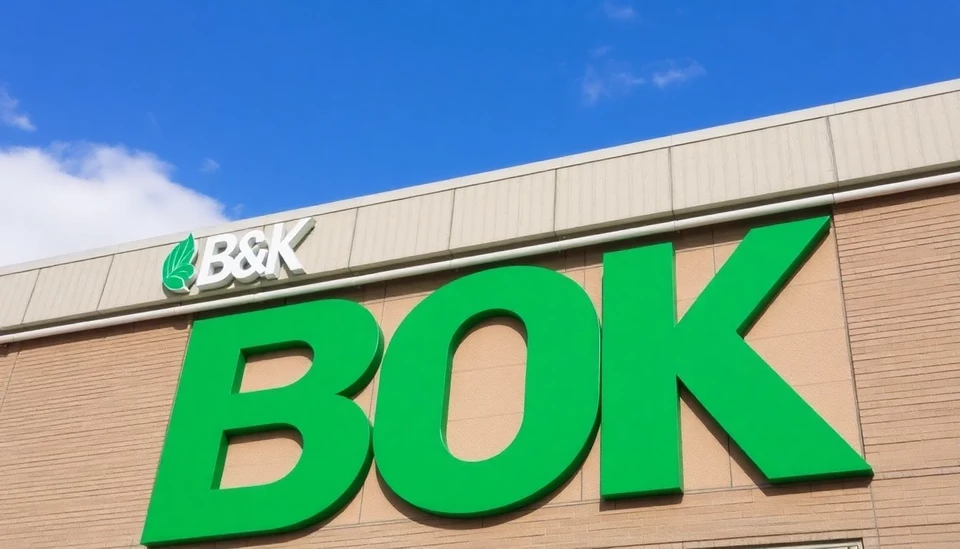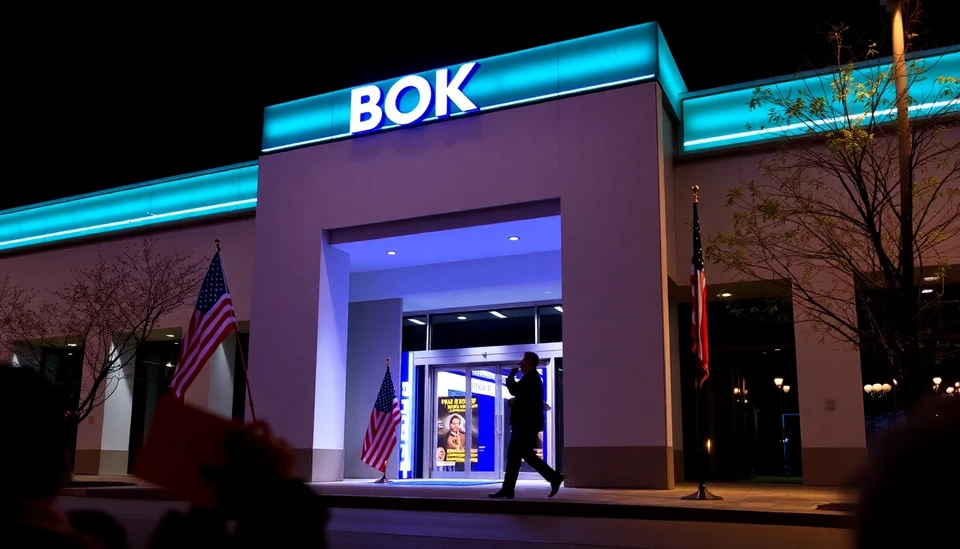
In a surprising turn of events, the Bank of Korea (BOK) has implemented an unexpected interest rate cut, a maneuver influenced by a variety of economic factors, including the recent election victory of Donald Trump. This decision by the BOK comes amid rising trade risks, complicating the economic landscape for South Korea.
Market analysts were taken aback by the BOK's action, which has primary implications for the nation's economy as it grapples with external pressures and internal challenges. The decision aims to stimulate economic growth in a context where uncertainties surrounding international trade and global economic conditions are at the forefront.
Trump's ascent to power has already stirred concerns regarding potential shifts in trade policies, which could adversely affect South Korea, an economy heavily reliant on exports. Observers point out that the election results may herald a new era of tariff implementations and trade negotiations, exacerbating the delicate balance that South Korea must maintain in its trade relationships, particularly with the United States and China.
The BOK’s decision might be seen as a preemptive strike against the anticipated economic turbulence that could be triggered by these geopolitical developments. Lowering the interest rates effectively lowers the cost of borrowing, thereby encouraging both consumer spending and business investment, which could offset some of the economic headwinds anticipated from Trump’s trade policies.
In the wake of the rate cut, financial markets reacted with an increased appetite for risk, as investors recalibrated their expectations in light of the BOK’s efforts to maintain economic stability. The central bank is now under pressure to closely monitor the unfolding trade situation as well as the domestic economic indicators and consumer sentiment.
As South Korea navigates through these tumultuous economic times, the BOK’s proactive measures may serve to bolster confidence among investors and consumers alike. However, the central bank remains vigilant about the impact of external factors and will likely adjust its policies as necessary in response to ongoing developments related to global trade dynamics.
The coming months will be critical as the ramifications of Trump's policies will begin to unfold, and South Korea’s financial system braces for potential implications stemming from these changes. The BOK’s rate cut could be just the first step in a series of strategic moves aimed at shielding the economy from external shocks.
As the situation evolves, market participants will be closely watching how the BOK balances its objectives of stimulating the economy while responding to the complexities of international trade relations.
In conclusion, the unexpected reduction in interest rates by the BOK marks a significant moment for South Korea’s economic landscape—a reflection of the myriad challenges and uncertainties posed by global economic shifts and domestic policy responses.
#BankofKorea #InterestRateCut #DonaldTrump #TradeRisks #SouthKoreaEconomy #EconomicPolicy #MarketReaction
Author: Rachel Greene
